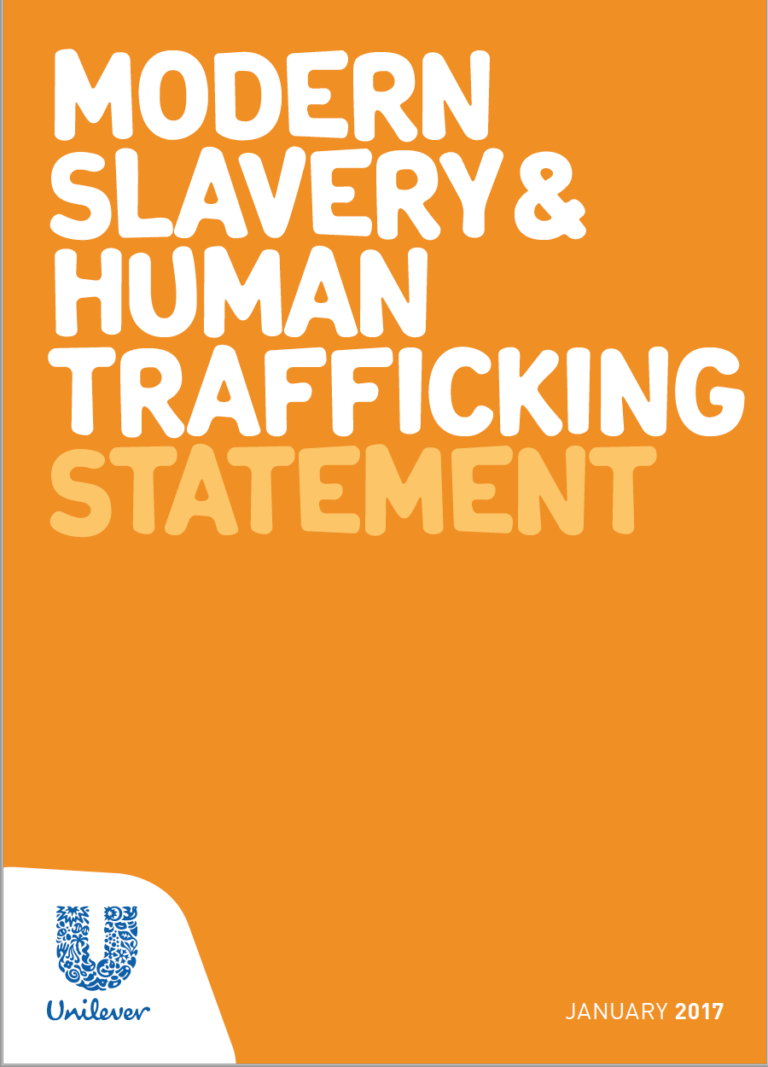ABA Model Business and Supplier Policies on Labour Trafficking and Child Labour
Standards & Codes of ConductThese Model Business and Supplier Policies address two specific human rights issues that potentially arise in the Operations of a business enterprise: Labour Trafficking and Child Labour. The Model Policies adopt a risk-based approach to ensure t...Read More

